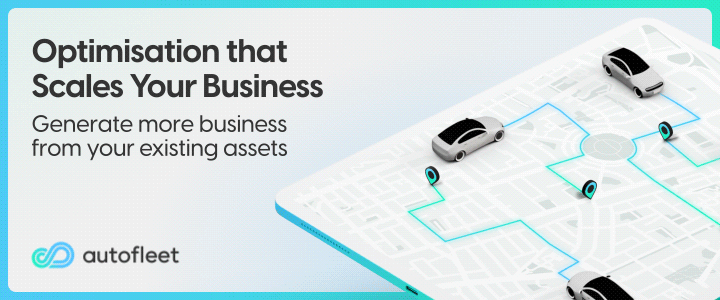Limited access, closed roads and reduced speed limits makes London most congested city, says LTDA
Updated: Jan 25, 2023

Limiting access for vehicles, closing roads to traffic and reducing speed limits have all contributed to London topping the charts as the world’s most congested city, says taxi driver association.
INRIX, a mobility analytics firm published the 2022 Global Traffic Scorecard that identified and ranked congestion and mobility trends in more than 1,000 cities, across 50 countries.
London, for the second year in a row, topped the Traffic Scorecard with drivers losing 156 hours sitting in congestion, five percent above pre-pandemic delays. In fact, 72% (79 of the 110) of the UK urban areas analysed have met or exceeded pre-COVID delays.
Commuting in London cost the average driver £1,377. This was followed by Bristol (£805 lost time) and Manchester (£742 lost time). Yet due to high oil prices, commuters paid as much as £212 more for fuel in 2022 year-on-year, depending on location. While the average UK commuter spent £707 in lost time, they also paid £122 more for fuel due to oil prices.
According to the Licensed Taxi Drivers’ Association (LTDA) the unwanted global award comes as no surprise to cabbies who must endure the world's most congested traffic conditions on a daily basis.
Steve McNamara, LTDA General Secretary, said in TAXI Newspaper: “London wins yet another award, unfortunately, yet again, it’s for being the most congested city in the world.
“According to the 2022 INRIX Global Traffic Scorecard, drivers in London spent an average of 156 hours stuck in traffic. This is 5% more than the pre-pandemic figure and it’s the second year running that London has topped the scorecard. As far as I am concerned, it’s no surprise that things have got worse since the pandemic. 2020 and 2021 saw TfL and councils across London, implementing wide-ranging traffic management schemes across the capital – limiting access for vehicles, closing lanes and entire roads to traffic and reducing speed limits. As a result, what was already a clogged and congested city is grinding to a halt. Vehicles are being forced off major routes onto narrow side streets and major roads sit with empty cycle lanes next to a single lane of gridlocked traffic. The cumulative impact of all these changes has proved to be a disaster.
“These policies aren’t reducing the number of cars on the road and encouraging people to embrace other forms of transport, they are simply making it more difficult to move around London, for all but a small minority.
“Many of the usual suspects have jumped on this story to call for more to be done to promote cycling and all forms of active travel to help reduce congestion – failing to see that their favoured approach is the root cause of the problem. It shouldn’t be a zero- sum game. One thing shouldn’t be prioritised at the expense of another, because as we can all see from this report, that simply isn’t working.”








